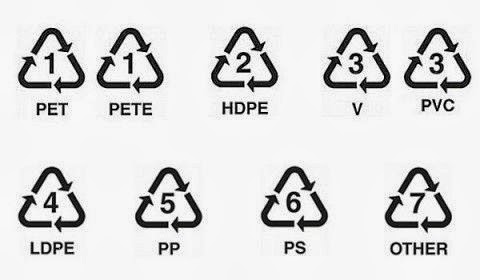Recommended articles and studies to read this holidays
Articles
- Is China’s Currency Undervalued? A Reality Check (Econbrowser).
- Steve Eisman of ‘The Big Short’ Says Subprime Auto Loans Concern Him (Bloomberg).
- Bank Failures by Year (Calculated Risk).
- How the Federal Reserve controls interest rates (Econbrowser).
- Why Is Everyone Talking About VPNs? (LifeHacker).
- Infographic: The Future of Battery Technology (The Big Picture).
- Infographic: The World Loves 'Made In Germany' (Forbes).
Studies
- Fracking and Mortgage Default: This paper finds that increased hydraulic fracturing, or "fracking," along the Marcellus Formation in Pennsylvania had a significant, negative effect on mortgage credit risk. Controlling for potential endogeneity bias by utilizing the underlying geologic properties of the land as instrumental variables for fracking activity, we find that mortgages originated before the 2007 boom in shale gas, were, post-boom, significantly less likely to default in areas with greater drilling activity. The weight of evidence suggests that the greatest benefit from fracking came from strengthening the labor market, consistent with the double trigger hypothesis of mortgage default. The results also suggest that increased fracking activity raised house prices at the county level (Federal Reserve Bank of Atlanta).
- Engineering growth: Innovative capacity and development. The generation and diffusion of scientific knowledge and technology are assumed to be drivers of modern economic growth, but there is a lack of firm empirical evidence of this. This column uses the first detailed data on the density of engineers in the western hemisphere to argue that historical differences in innovative capacity, as captured by the density of engineers in 1880, explain a significant fraction of the Great Divergence. The results confirm the imperative of developing higher-order human capital (VOX).
- Statistical implications of the new financial landscape (BIS).


Comentarios